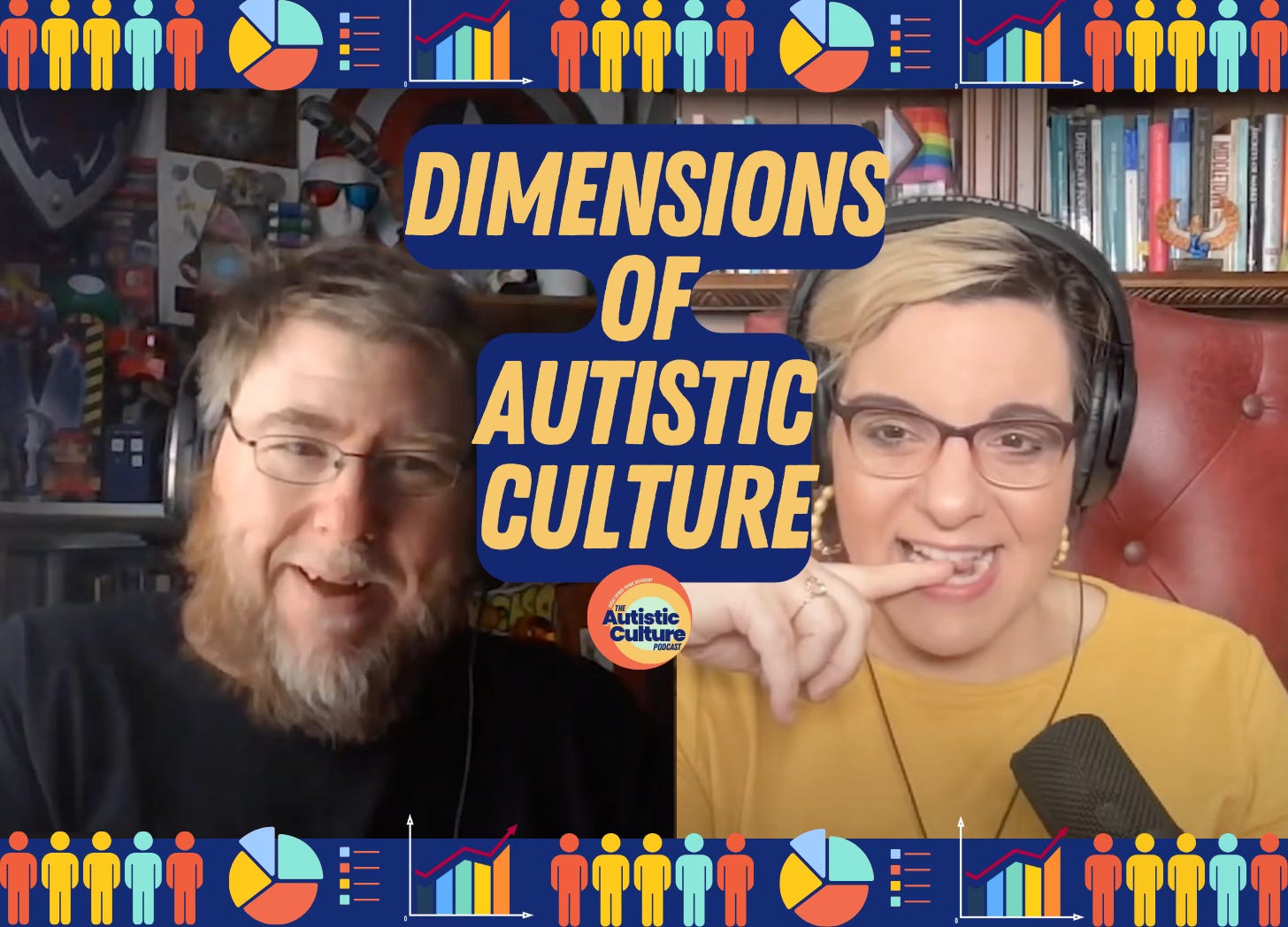
In this episode of The Autistic Culture Podcast:
If you’ve been asking yourself, “Am I Autistic?” and Google searching “Autism checklist” and “Autism quiz,” then, this is a great episode for you! More effective than a quiz designed by allistics, join us on a virtual culture trip to Autistica and see if you feel belonging in our culture!
People on the autism spectrum are known for their straight forward communication style, but what’s behind that approach? There are six cultural dimensions that create our directness (sometimes called rude by allistics), our rebellion against change (called rigidity by allistics), and our passion for equality. Angela and Matt dive into established science on what makes a culture a culture.
Most cultural studies are focused on nations, but in this episode, the podcast hosts look at how the six core dimensions of culture apply to Autistic Culture as a diaspora. Based on the work of Gert Hofstede, a Dutch social psychologist, the hosts explore how culture shapes our understanding of the world and our communication styles as Autistics.
They go through 6 main cultural dimensions: individualism vs collectivism, power distance, uncertainty avoidance, masculinity vs femininity (now called gender egalitarianism), long term orientation vs short term orientation, and indulgence vs restraint.
“ So, I love comparing Autistic people across cultures to see what this base, what is at its center, what does it mean to be Autistic? If we had our own country of Autistica, what would our language be? What would our values be? What are the commonalities across all of these cultures that you find on every single continent—because again, I guarantee you that there are autistic people in Antarctica doing research right now.” –Matt
For each dimension, they analyze where Autistic culture seems to fall on the spectrum compared to national cultures. For example, autism appears more collectivist than individualistic. Other dimensions explored include assertiveness, orientation to time, gender roles, and outcome vs relationship focus.
Understanding autism through a cultural lens provides an alternative to the dominant medical model focused on deficits and pathology. Looking at autism as a culture with its own dimensions allows celebration of neurodiversity and the many contributions of Autistic individuals throughout history.
“Japanese people have trouble understanding American people. American people have trouble understanding Japanese people. And when we have cultural exchanges or extended travel, we talk about culture shock. Imagine living every day, all day, your entire life in culture shock over and over and over again. You can see how that might be traumatizing and lead to what look like ‘symptoms of autism’ that are symptoms of what I would say are culture shock—repeated chronic culture shock.” –Angela
Throughout the episode, Matt and Angela discuss the challenges that cultural differences can create and offer practical advice on how to work through the differences while celebrating the unique nature and dimensions of Autistic Culture.
Do you agree with Matt and Angela’s assessment of the dimensions of Autistic Culture? Tell us why or why not in the comments!
Cultural Inclusion Fundamentals: Eight Core Cultural Differences | Include-Empower.Com
Compare countries - Hofstede Insights
Cultural Differences in Communication [With Examples]
A Guide for Cultural Differences in Communication
4 Types of Communication Styles | Alvernia University Online
The 6 dimensions model of national culture by Geert Hofstede
Core set of autism traits shows up in diverse cultures | Spectrum | Autism Research News
Should Autists Have Cultural Rights? | SpringerLink
Episode 25: The Legend of Autistica
Check us out on Instagram
Find us on Apple podcasts and Spotify
Learn more about Matt at Matt Lowry, LPP
Matt’s social media: Autistic Connections Facebook Group
Learn more about Angela at AngelaLauria.com and Difference Press
Angela’s social media: Twitter and TikTok
TACP’s Autism-affirming TeePublic merch shop

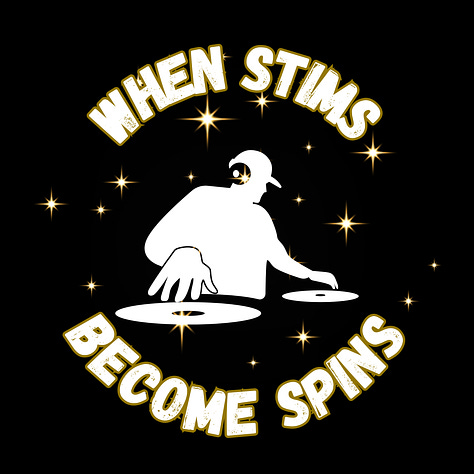
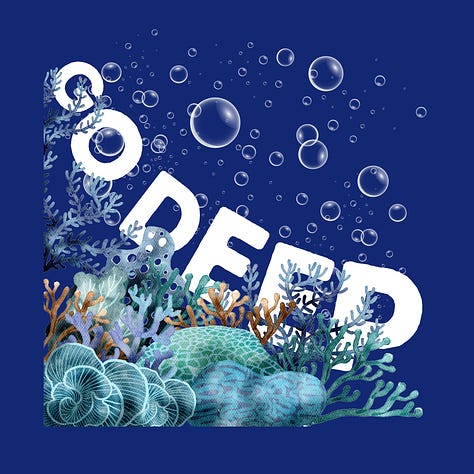



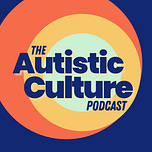





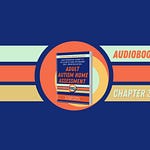



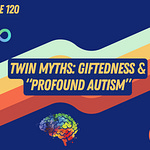


Share this post